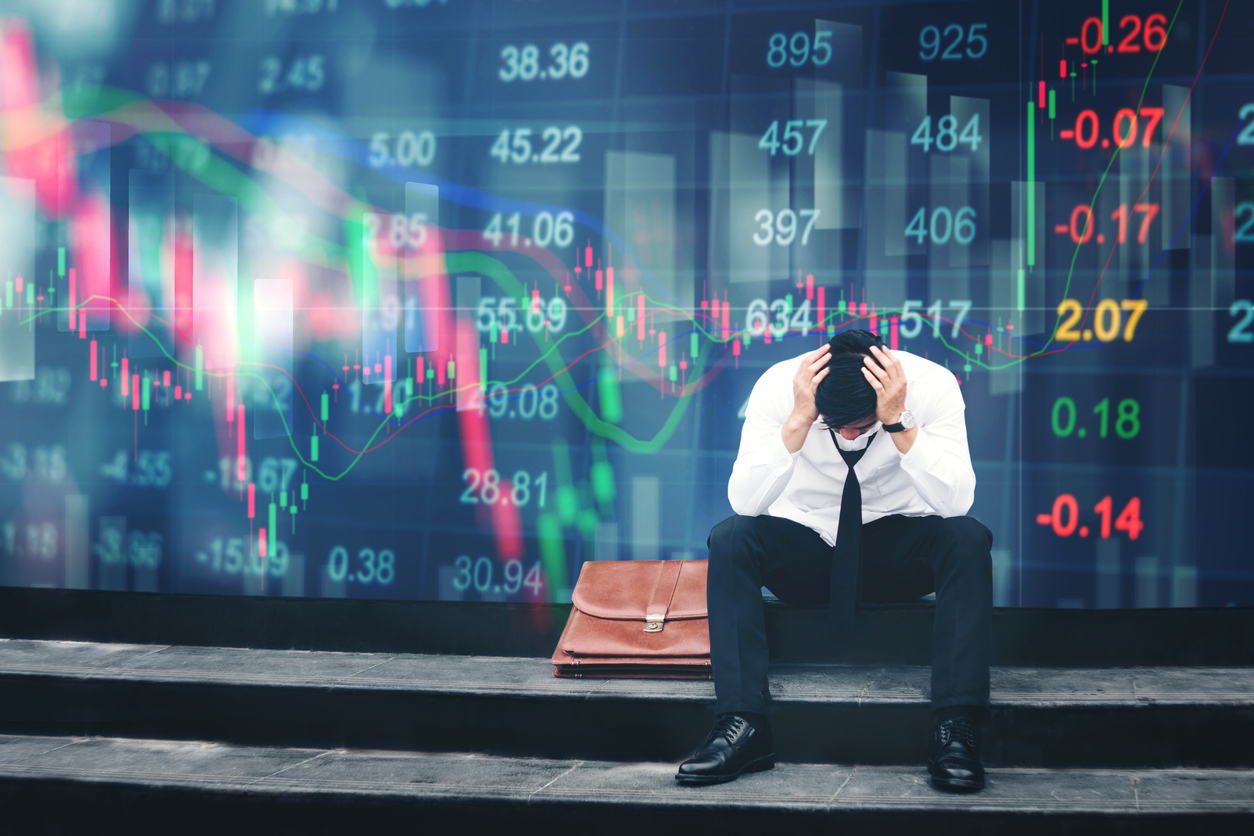Howard Marks blames market volatility on emotional investing
Emotional investing contributed to recent market volatility, according to Oaktree Capital Management’s co-chairman Howard Marks.
In a new memo, the billionaire debt investor said that volatile psychology, skewed perception, overreaction, cognitive dissonance, rapid-fire contagion, irrationality, wishful thinking, forgetfulness, and the lack of dependable principles constitute the main cause of extreme market highs and lows and are responsible for the volatile swings between them.
Read more: Howard Marks warns against the risk of not taking risk
He noted that the S&P 500 fell on three consecutive trading days – 1, 2, and 5 August – by a total of 6.1 per cent, due to a series of relatively minor macro economic events. These included a Bank of Japan interest hike, and a dip in the US Manufacturing Purchasing Managers’ Index.
Marks said that the resulting market losses actually stemmed from investor panic.
“Mood swings do a lot to alter investors’ perception of events, causing prices to fluctuate madly,” he wrote.
“When prices collapse as they did at the start of this month, it’s not because conditions have suddenly become bad. Rather, they become perceived as bad.”
Read more: Oaktree partners with Avana to fund commercial real estate SMEs
Several factors contribute to this, including a heightened awareness of things on one side of the emotional ledger; a tendency to overlook things on the other side; and a tendency to interpret things in a way that fits the prevailing narrative.
“What this means is that in good times, investors obsess about the positives, ignore the negatives, and interpret things favourably,” Marks wrote. “Then, when the pendulum swings, they do the opposite, with dramatic effects.”
He told investors that the worst thing they can do is join in when other investors are acting irrationally. Instead, it is better to “watch with bemusement from the sidelines, buttressed by an understanding of how markets work,” he said.
“It’s the primary job of the investor to take note when prices stray from intrinsic value and figure out how to act in response,” he concluded. “Emotion? No. Analysis? Yes.”
Read more: Howard Marks makes the case for investing in debt





